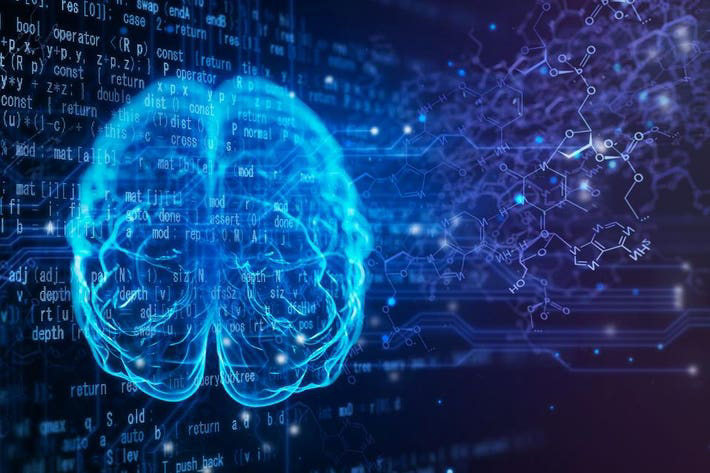The Role of IoT in Shaping the Future of Technology
- Get link
- X
- Other Apps
The Internet of Things (IoT) is revolutionizing the way we interact with technology and the world around us. From smart homes and cities to industrial automation and healthcare, IoT is playing a pivotal role in shaping the future of technology in numerous domains. In this blog post, we will explore the significance of IoT and how it is influencing the trajectory of technological advancements.
Firstly, let's define IoT. The Internet of Things refers to a network of interconnected devices that can communicate and exchange data with each other over the internet. These devices can range from everyday objects such as household appliances and wearable devices to industrial machinery and infrastructure components.
One of the key aspects of IoT is its ability to collect and analyze vast amounts of data in real-time. This data can provide valuable insights into various aspects of our lives, from personal health and wellness to environmental conditions and traffic patterns. By leveraging this data, businesses and organizations can make informed decisions, optimize processes, and improve efficiency.
In the realm of smart homes, IoT devices have become increasingly prevalent. From smart thermostats and lighting systems to security cameras and voice-controlled assistants, homeowners can now automate and control various aspects of their living spaces remotely. This not only enhances convenience but also promotes energy efficiency and home security.
Moreover, IoT is transforming the way cities operate through the concept of smart cities. By deploying sensors and connected devices throughout urban areas, municipalities can monitor and manage critical infrastructure such as transportation systems, utilities, and public services more effectively. For example, smart traffic management systems can help alleviate congestion and reduce commute times, while smart waste management solutions can optimize garbage collection routes and schedules.
In the industrial sector, IoT-enabled devices are revolutionizing manufacturing processes and supply chain management. By incorporating sensors and actuators into machinery and equipment, manufacturers can monitor performance metrics in real-time, predict maintenance issues before they occur, and optimize production workflows for maximum efficiency. This not only reduces downtime and operational costs but also improves overall productivity and quality control.
Furthermore, IoT is driving innovation in healthcare by enabling remote patient monitoring, personalized treatment plans, and predictive analytics. Wearable devices equipped with sensors can track vital signs and activity levels, allowing healthcare providers to monitor patients' health status outside of traditional clinical settings. This not only enhances patient care but also empowers individuals to take a more proactive approach to managing their own health and wellness.
However, with the proliferation of IoT devices also comes concerns about data privacy and security. As more devices become connected to the internet, the risk of cyberattacks and unauthorized access increases. It is imperative for manufacturers and developers to prioritize security measures such as encryption, authentication, and regular software updates to mitigate these risks and safeguard user data.
In conclusion, the Internet of Things is playing a central role in shaping the future of technology across various industries and sectors. From smart homes and cities to healthcare and manufacturing, IoT is driving innovation, improving efficiency, and enhancing the overall quality of life. As we continue to embrace and harness the power of IoT, it is essential to remain vigilant about security and privacy considerations to ensure a safe and secure connected future.
- Get link
- X
- Other Apps
.jpg)
.jpg)

Comments
Post a Comment